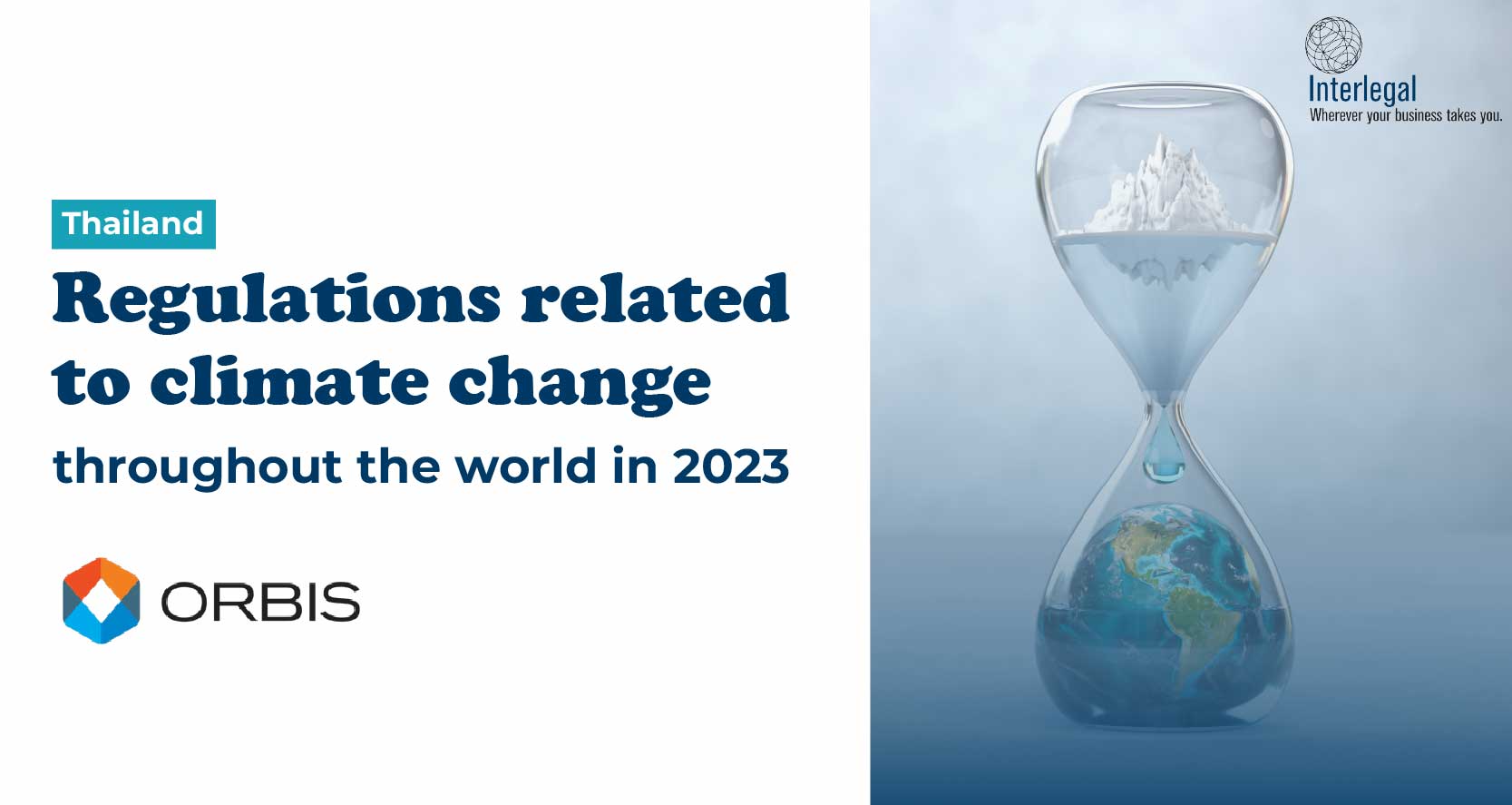Alexandre Dupont, a legal expert at Orbis Legal Advisory Ltd., provides insights on Thailand’s efforts to combat climate change through new regulations and policies. He further explores the implementation of various regulations, incentives, and plans to increase the use of renewable energy, improve energy efficiency, and reduce emissions in the transportation sector.
Thailand, like many other countries, has recognized the need to fight climate change through new regulations and policies. The Thai government has implemented various measures to mitigate the effects of climate change, including setting greenhouse gas (GHG) reduction targets and promoting renewable energy.
The National Committee on Climate Change Policy and Action (NCCC) was established in 2007 to oversee climate change-related policies and measures. The NCCC is responsible for developing strategies, plans, and policies to reduce GHG emissions, increase climate change resilience, and promote low-carbon development.
In 2015, Thailand submitted its Intended Nationally Determined Contributions (INDC) to the United Nations Framework Convention on Climate Change (UNFCCC), committing to reducing GHG emissions by 20-25% by 2030 compared to business-as-usual (BAU) levels. The INDC also included measures to increase the use of renewable energy and improve energy efficiency.
To achieve these targets, the Thai government has implemented various regulations and policies. The Alternative Energy Development Plan (AEDP) aims to increase the use of renewable energy sources to 30% of the total energy mix by 2036. The Energy Efficiency Development Plan (EEDP) aims to reduce energy intensity by 30% by 2036.
The government has also introduced various incentives to promote renewable energy and energy efficiency, such as tax incentives, feed-in tariffs, and soft loans. The Energy Conservation Promotion Fund (ENCON) provides financial support for energy efficiency projects.
In addition, the government has implemented regulations to reduce GHG emissions from the transportation sector, which is a major contributor to emissions in Thailand. These include fuel quality standards, vehicle emission standards, and measures to promote the use of electric vehicles.
Alexandre’s expertise provides valuable perspectives on Thailand’s ongoing actions and serves as a reminder of the importance of concerted efforts to mitigate the effects of climate change for a sustainable future.
